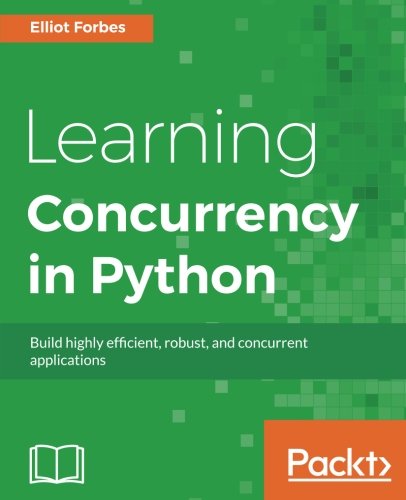

Most ebook files are in PDF format, so you can easily read them using various software such as Foxit Reader or directly on the Google Chrome browser.
Some ebook files are released by publishers in other formats such as .awz, .mobi, .epub, .fb2, etc. You may need to install specific software to read these formats on mobile/PC, such as Calibre.
Please read the tutorial at this link: https://ebookbell.com/faq
We offer FREE conversion to the popular formats you request; however, this may take some time. Therefore, right after payment, please email us, and we will try to provide the service as quickly as possible.
For some exceptional file formats or broken links (if any), please refrain from opening any disputes. Instead, email us first, and we will try to assist within a maximum of 6 hours.
EbookBell Team

4.1
50 reviewsPython is a very high level, general purpose language that is utilized heavily in fields such as data science and research, as well as being one of the top choices for general purpose programming for programmers around the world. It features a wide number of powerful, high and low-level libraries and frameworks that complement its delightful syntax and enable Python programmers to create.
This book introduces some of the most popular libraries and frameworks and goes in-depth into how you can leverage these libraries for your own high-concurrent, highly-performant Python programs. We'll cover the fundamental concepts of concurrency needed to be able to write your own concurrent and parallel software systems in Python.
The book will guide you down the path to mastering Python concurrency, giving you all the necessary hardware and theoretical knowledge. We'll cover concepts such as debugging and exception handling as well as some of the most popular libraries and frameworks that allow you to create event-driven and reactive systems.
By the end of the book, you'll have learned the techniques to write incredibly efficient concurrent systems that follow best practices.
What you will learnElliot Forbes has worked as a full-time software engineer at a leading financial firm for the last two years. He graduated from the University of Strathclyde in Scotland in the spring of 2015 and worked as a freelancer developing web solutions while studying there.
He has worked on numerous different technologies such as GoLang and NodeJS and plain old Java, and he has spent years working on concurrent enterprise systems. It is with this experience that he was able to write this book.
Elliot has even worked at Barclays Investment Bank for a summer internship in London and has maintained a couple of software development websites for the last three years.
Table of Contents